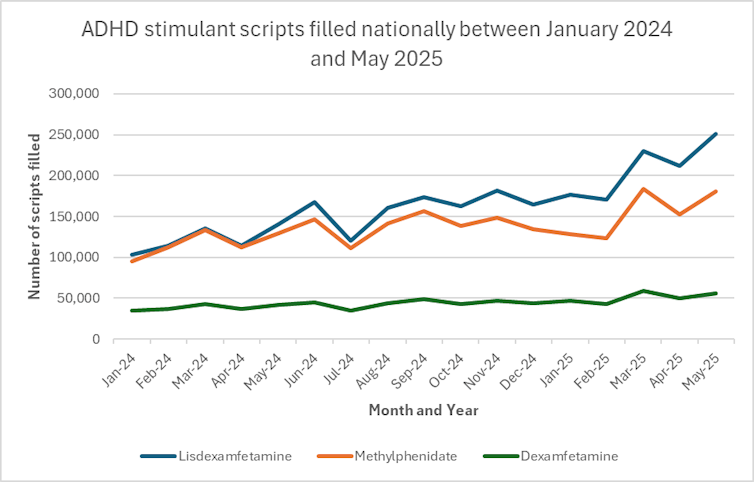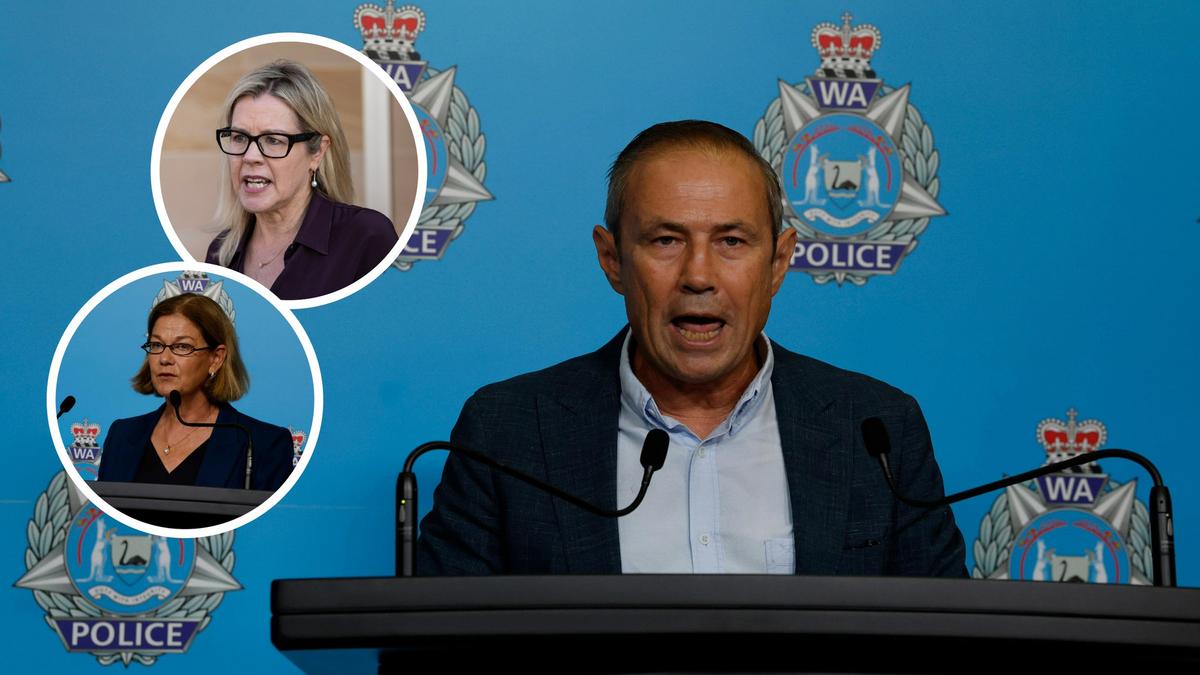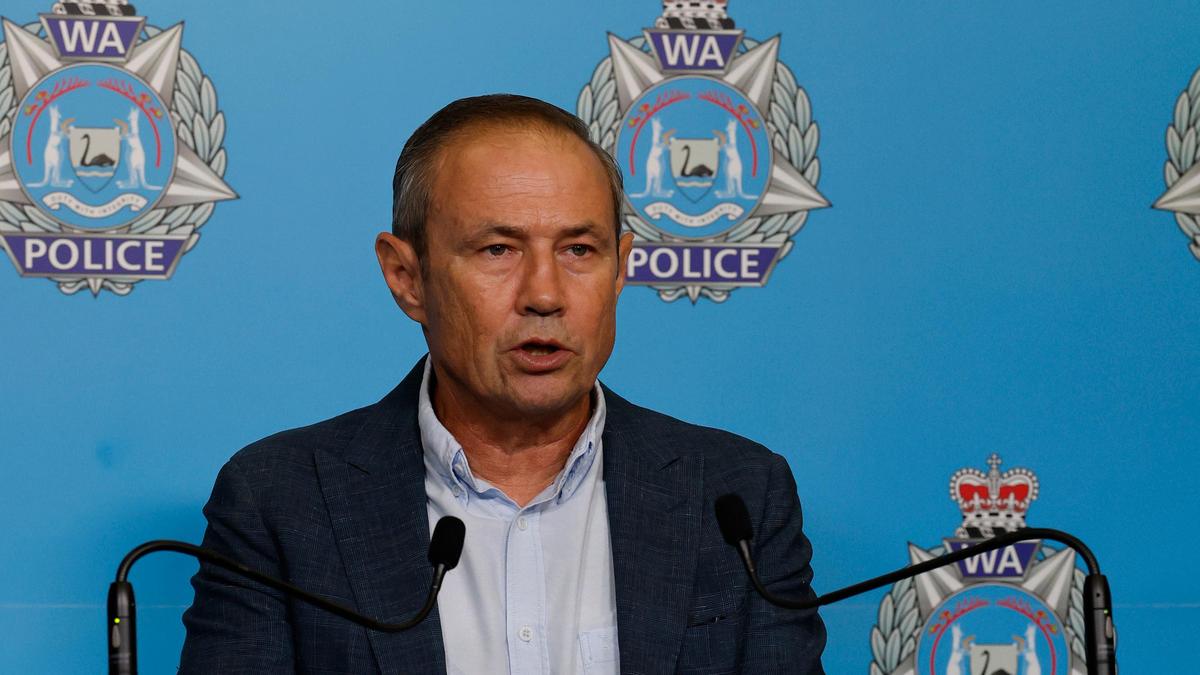
Australia is currently grappling with a significant shortage of ADHD medications, primarily affecting those prescribed methylphenidate, known by brand names Concerta and Ritalin. This nationwide issue has emerged as diagnoses for attention-deficit hyperactivity disorder (ADHD) continue to rise, leaving many patients unable to fill their prescriptions at local pharmacies.
Since 2023, shortages of ADHD medications have been increasingly common, with the situation becoming more dire as patients struggle to find lisdexamfetamine (Vyvanse) and other treatments. Many individuals are forced to contact multiple pharmacies in search of their medication or wait for new prescriptions for alternative options. For some, this means switching between different strengths or brands, often leading to a lack of effective symptom control and an increase in side effects.
As a consequence, a number of patients have reported having to skip doses or go without their medications altogether. This disruption significantly impacts their ability to concentrate, stay organized, and manage emotions effectively. The shortage also exacerbates existing inequalities, particularly for those in rural areas where access to pharmacies is limited. Individuals with fewer financial resources face additional challenges in obtaining alternative medications that may not be subsidized.
Rising ADHD Diagnoses and Accessibility Challenges
Approximately 8% of children and 2.5% of adults in Australia are diagnosed with ADHD. While medication is critical for many in managing symptoms, the process of obtaining a diagnosis typically requires consultations with specialists such as psychiatrists or pediatricians. However, changes are on the horizon: starting in September 2023, general practitioners (GPs) in New South Wales will be permitted to prescribe ADHD medications without needing specialist approval. By 2026, GPs in South Australia and Western Australia will also have the authority to diagnose and initiate treatment for ADHD.
Despite these advancements, ongoing shortages continue to hinder access to necessary medications. The root causes of the shortage primarily relate to manufacturing issues, including difficulties in sourcing raw materials and production quotas in the United States. When one brand becomes unavailable, it creates a ripple effect, straining the supply of other brands and intensifying the overall shortage.
From 2022 to 2023, nearly 470,000 Australians were prescribed ADHD medications, marking a fourfold increase from nine years prior. Even more alarming, prescriptions filled from January 2024 to May 2025 are projected to rise by 60% for dexamfetamine, 88% for methylphenidate, and 140% for lisdexamfetamine.
Regulatory Response and Patient Guidance
In light of these challenges, the Therapeutic Goods Administration (TGA), Australia’s national medicines regulator, has established the Medicine Shortage Action Group. This initiative comprises various health professionals and organizations aimed at addressing the methylphenidate shortage. The group provides advice to healthcare providers and develops resources for patients, families, and schools to mitigate treatment disruptions.
Additionally, the TGA has recently approved the temporary importation of certain overseas brands of methylphenidate, which are now included in the Pharmaceutical Benefits Scheme, allowing for subsidized access.
Medical professionals, represented by the Royal Australasian College of Physicians, have advocated for early notifications about medication shortages. This would enable doctors to proactively guide patients toward alternative treatments before shortages escalate.
For those struggling to fill their prescriptions, several steps can be taken to alleviate the situation. Patients are advised to consult their pharmacists, who may suggest overseas alternatives or different brands. Engaging with GPs, psychiatrists, or pediatricians can also lead to adjustments in medication, whether through dosage changes or switching to non-stimulant options.
Accessing the TGA’s Medicine Shortage Reports Database can provide updates on availability, assisting patients in their search. It is recommended to contact pharmacies during mid-morning, as they are typically less busy and more likely to have accurate stock information.
As Australia navigates this complex landscape, the shortage of ADHD medications remains a pressing issue that requires continued attention from health regulators, practitioners, and patients alike.







